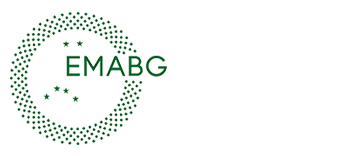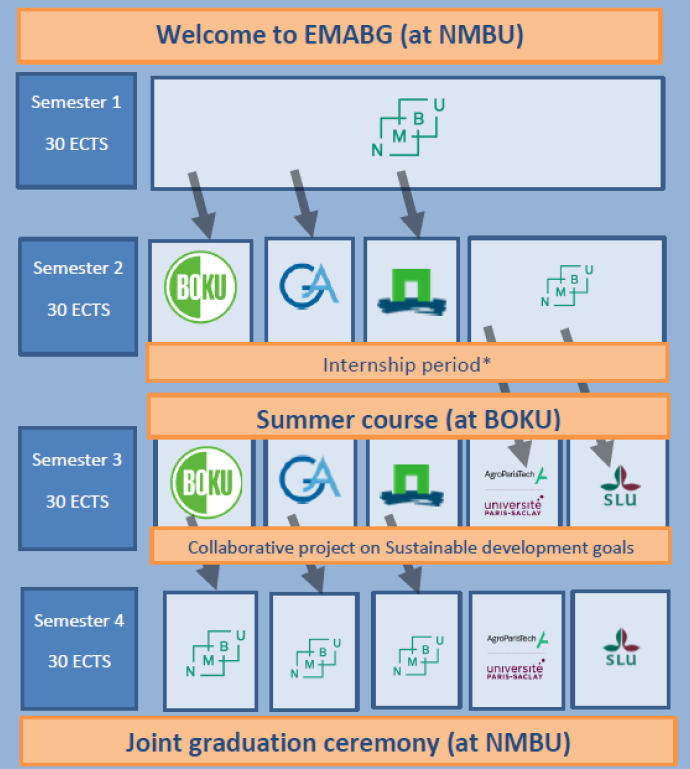The EMABG is Erasmus Mundus Joint Master 2-year study programme (120 ETCS) and builds on MSc courses that already exist in the different consortium universities. It concentrates on the development of scientific expertise in the areas of quantitative, population and molecular genetics related to animal breeding and biodiversity. This involves five study tracks:
- Conservation genomics for rare and endangered breeds and species (WUR)
- Designing and implementing breeding programmes for small populations (BOKU)
- Bioinformatics applied to biodiversity and genomics (SLU)
- One health: Health and welfare in humans and animals (UGOE)
- Understanding biodiversity: integrative biology (APT)
Last updated: 18.12.2024



